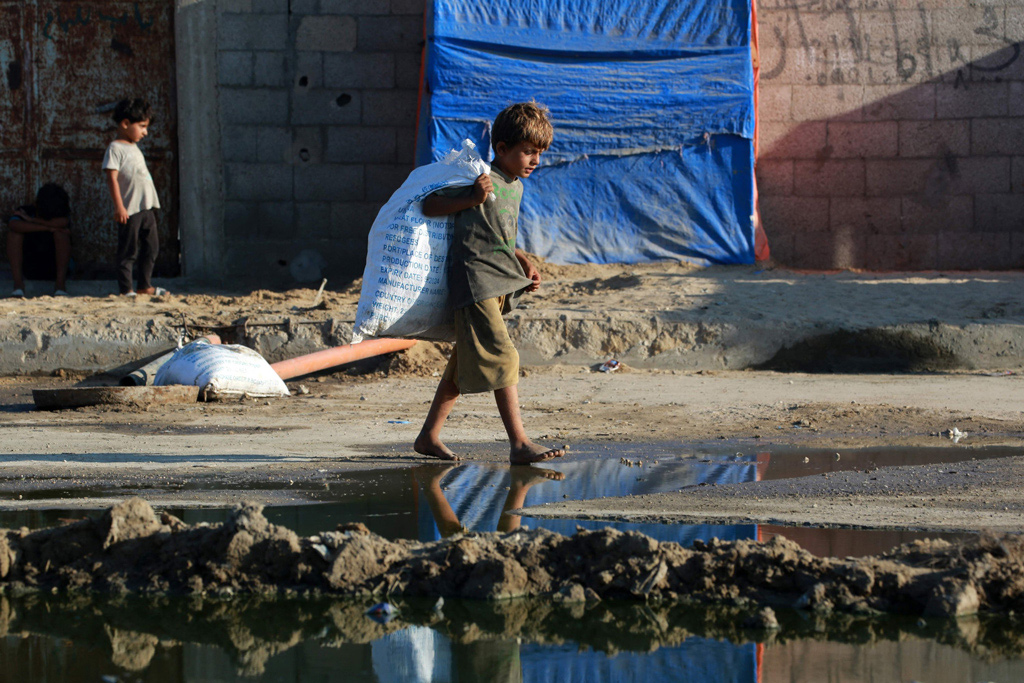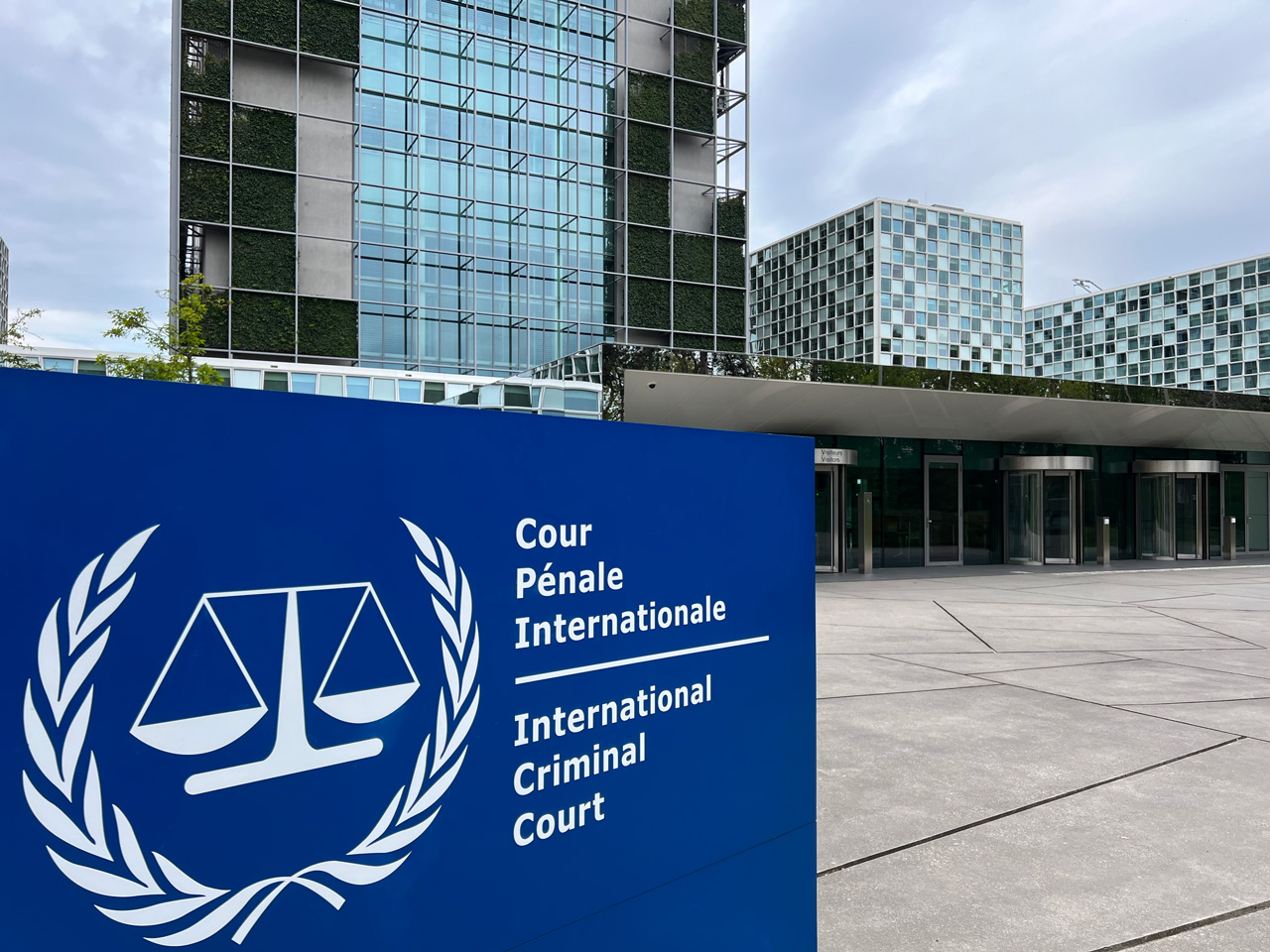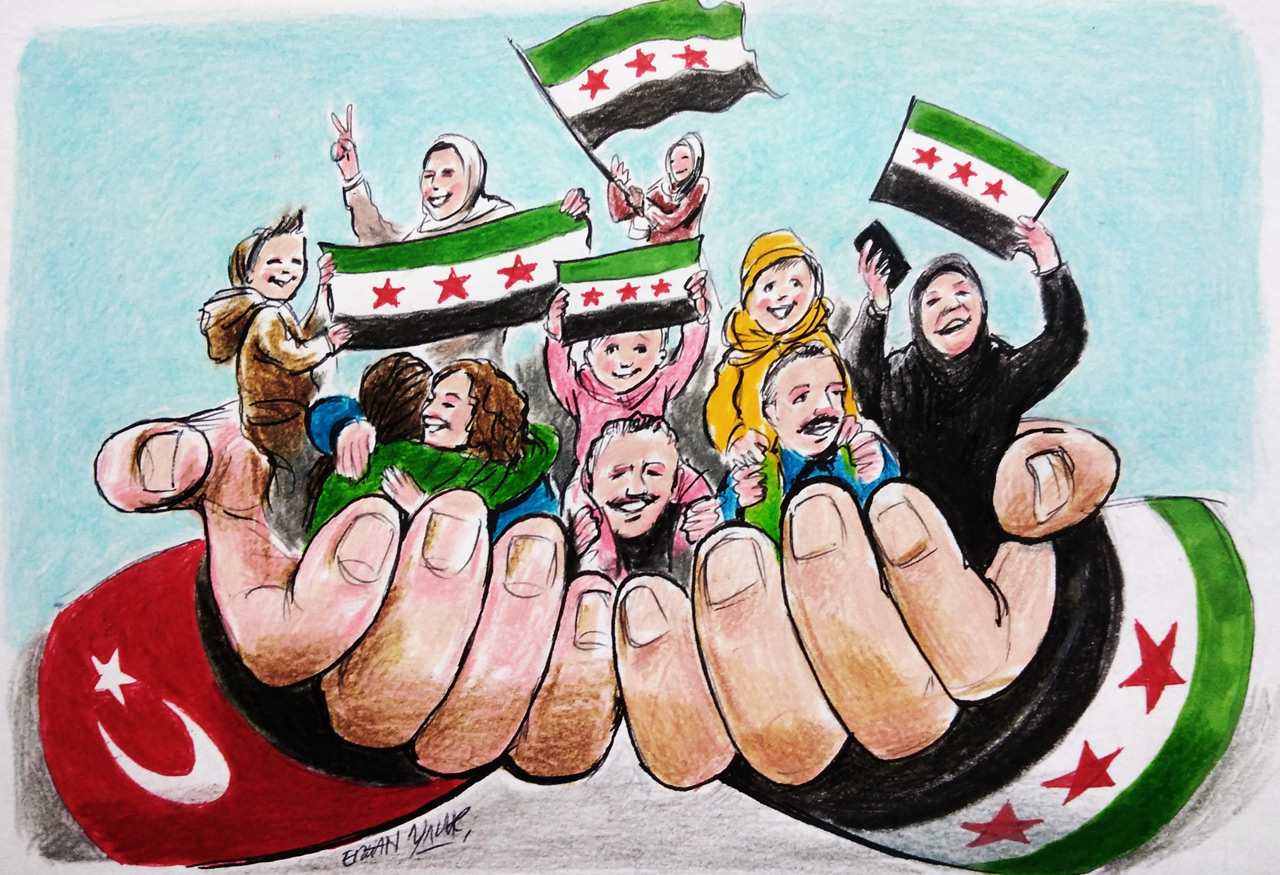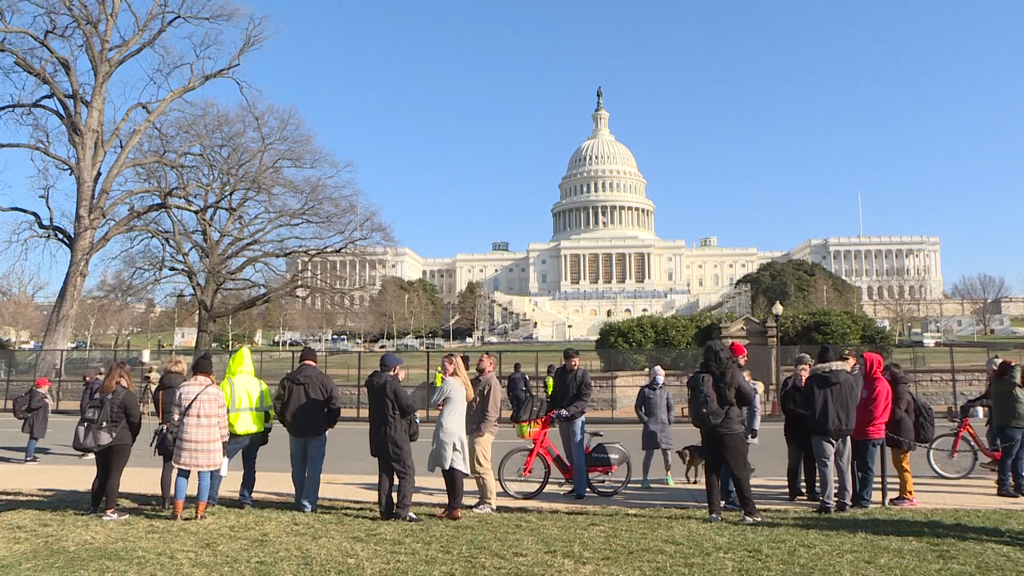The United Nations was established by the victorious powers of World War II in 1945 to consolidate the allied powers’ international standing and preserve the status quo they created. According to the U.N. Charter, the main purposes of the U.N. are to maintain international peace and security and to achieve international cooperation in solving global problems. The U.N. Security Council (UNSC) has the primary responsibility for maintaining international peace and security. Furthermore, all members of the U.N. agree to accept and carry out the decisions of the UNSC.
There have been ups and downs in the effectiveness of the U.N. organization. During the Cold War, the U.N. was largely taken hostage by the two superpowers, namely the United States and the Soviet Union. After the dissolution of the Soviet Union in 1991 and the subsequent collapse of the bipolar world system, it was expected that the U.N. would increase its effectiveness. When Iraq’s late leader, Saddam Hussein, invaded Kuwait in the early 1990s, the said potential became clear with the strong reaction of the UNSC. The organization demonstrated its strength by implementing several resolutions for Baghdad to leave the Kuwaiti territory. Especially after establishing two prominent international organizations representing the victory of the Western bloc – the World Trade Organization (WTO) and the Organization for Security and Cooperation in Europe (OSCE) – the international community anticipated that the 21st century would become an order-based global system. While the WTO would organize the multilateral liberal trade regime, OSCE would organize the liberal democratic values and institutions. However, it did not go as planned.
Some ominous challenges against this wishful thinking emerged during the first two decades of the 21st century. The relative decline of the Western economies, the rise of non-Western powers such as China, the eruption of global economic crises, the COVID-19 pandemic and the outbreak of some regional conflicts, such as the Russian invasion of Ukraine and the Israeli atrocities against the Palestinians, all contributed to the decline of the U.N. system. Western countries, which have abandoned many liberal values over time, began to undermine the liberal principles of the U.N. and its affiliated organizations, including the WTO. The dramatic shift of Western politics toward far-right tendencies and the rise of racism in Western countries not only exacerbated the rise of authoritarianism and illiberalism within those nations but also ended up with the loss of trust in the U.N. principles and institutions.
However, no development has had such a negative impact on the functioning of the U.N. system as Israel’s continuous violations of international norms and basic human rights principles in Palestine. Since Oct. 7, Israel has committed numerous violations, including war crimes and crimes against humanity, as documented in international covenants. Most Western countries have persistently and unquestionably supported the execution of these crimes, making them complicit.
The U.N. buildings and schools in Gaza, which were full of innocent people, mostly children and women, were targeted and destroyed by Israel. U.N. officials repeatedly called Israeli authorities to end the attacks and mass killings. The top U.N. diplomat, Secretary-General Antonio Guterres, has repeatedly made public statements underlining the dire situation of the Palestinians but has remained unheard by the Western governments. Instead, the Israeli officials and some Western governments have blamed the U.N. institutions operating on the ground.
When examined closely, a paradoxical picture emerges. We see two contrasting aspects of the U.N.’s role in Palestine. On the one hand, we witness U.N. agencies and officials accusing Israeli officials of their atrocities and calling for an immediate cease-fire. However, the current international balance of power does not allow the U.N. to take action against the Western-supported Israel. In other words, similar to a typical international nongovernmental organization (NGO), the U.N. can only provide humanitarian assistance to the Palestinian people and only as much as Israel allows since most of the states that founded the organization, such as the U.S., the United Kingdom and France, have withdrawn their support for the organization.
On the other hand, as the only universal international organization responsible for the protection of peace and security, the U.N. institutions and officials record most of the crimes committed by Israel and its accomplices. Notably, the United Nations Relief and Works Agency (UNRWA) has compiled evidence of the Israeli atrocities in Gaza, including human rights violations and worsening humanitarian conditions. These documents are crucial in persuading the global community since the U.N. agencies are still considered among the most reliable sources, including non-Western global and middle powers, according to worldwide public opinion. It may not be considered meaningful and effective today, but sooner or later, those who are responsible for all these crimes will be held accountable.
In short, the U.N. still represents the rule of law and maintaining global order. Those governments who support these values and believe in international institutions and democratic regimes will increase their soft power and find more allies in their efforts to maintain the global order. Despite its failure to change conditions on the ground, we should not undermine the role of the U.N. Ultimately, justice and order are still the primary weapons for the weaker against the imposition of hard power by the stronger.









